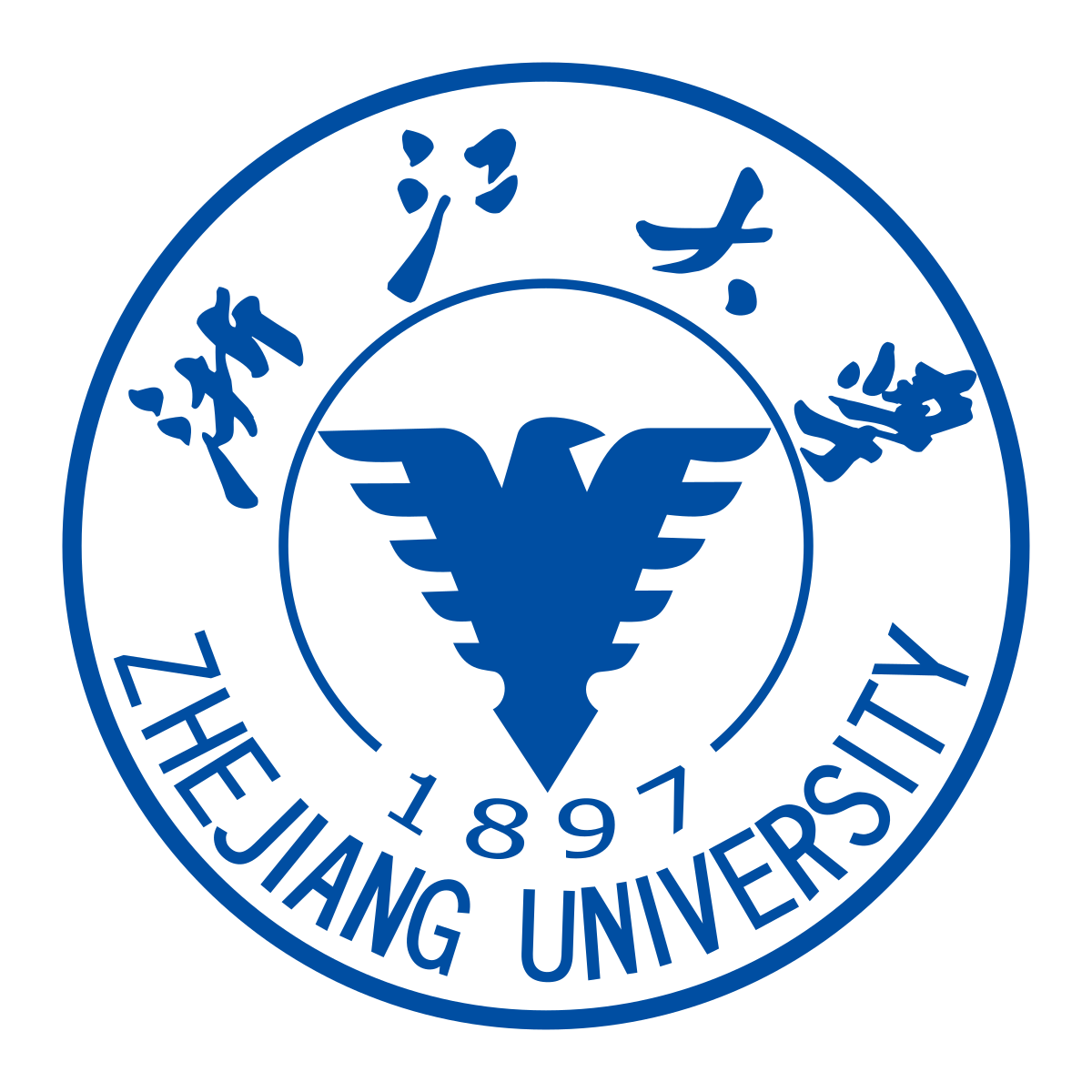Zhejiang University: Sino-German forum highlights multi-stakeholder approach to 2030 Agenda
The inaugural Sino-German Sustainable Development Forum took place in hybrid format on September 24. The event brought together over 30 experts from both countries under major themes including climate change and environment, new energy materials, green development policies and university-industry cooperation.
ZJU’s Vice President HE Lianzhen joined officials and organization leaders at the opening session. She started with an overview of ZJU’s historical and vibrant, ongoing ties with Germany, and noted its readiness to work with German institutions to “coordinate efforts and turn vision into action”.
“Today’s forum will be another important step under the umbrella of Z4G, which is going to mobilize broad support for the UN’s 2030 agenda,” Professor HE said. Z4G (A Global ZJU for Social Good) is Zhejiang University’s latest Sustainability Action Plan launched in March. “It serves as a blueprint to improve sustainability-related education, research and practices not only within ZJU but in the wider community home and abroad,” she added.
Huge potential for Sino-German cooperation
Also present at the opening were: Mr. FANG Jun, Deputy Director-General of the Department of International Cooperation and Exchanges, Chinese Ministry of Education; Mr. Pitt Heltmann, Consul General of Germany in Shanghai; Dr. Enno Aufderheide, Secretary General of Alexander von Humboldt Foundation; and Ms. Ruth Schimanowski, Chief Representative of German Academic Exchange Service (DAAD).
Mr. FANG noted that China and Germany have forged close ties in many areas including trade, innovation and education. Environment-wise, Germany is one of the global trailblazers while China is an active champion in this regard with its new development philosophy and climate commitments. Speaking about the future prospects of Sino-German cooperation, Mr. Fang said: “When we join hands for the cause of sustainable development, both countries will have great potential and can play a crucial role in this area.”
That point was echoed by Mr. Heltmann, who commended the significant progress achieved by the Chinese science, technology and innovation community in the field of sustainability and green technology. “There is no more important challenge for the global community than the issue of sustainability,” said Mr. Heltmann. He continued by stressing the pivotal role China plays in the context of climate action and said his country is “looking forward to deepening our collaboration in tackling these tasks jointly”.
Academic contribution to SDGs
The contribution of the academic community is considered central in developing sustainable solutions. “We together in academia need to act now, not only talk, we need to act now,” said Dr. Aufderheide, whose Foundation annually grants up to 20 climate protection fellowships to prospective leaders and young scholars for research stays in Germany.
As world-renowned champions of scholarly exchanges, the Alexander von Humboldt Foundation and DAAD have each set climate ambitions for themselves. The Foundation, for instance, has pledged to be carbon-neutral by 2045, and DAAD has adopted the three-pronged approach of reduce, substitute, compensate when it comes to travel.
In the meantime, as Ms. Schimanowski pointed out, “it is important that academic exchange continues to thrive on personal exchange.” As the Covid-19 pandemic continues to disrupt international mobility, virtual meetings enable researchers to explore, inspire and strengthen cross-border collaboration.
The Forum featured three parallel academic sessions, attracting speakers from 15 universities and research institutions in China and Germany, including Zhejiang, Fudan, Tongji, LMU Munich, Technical University of Munich, RWTH Aachen University and Humboldt University of Berlin. Online discussions covered the full spectrum of research and practice, ranging from the impact of climate on natural and urban environments, novel materials for energy conversion, to Sino-German climate policies and the potential for greater cooperation.
On the sidelines of these sessions, messages were popping up in the Zoom Chat Box. One German professor wrote that she wanted to be kept in the loop on future activities and possibilities for cooperation, while another professor already took full advantage of the opportunity by announcing a call for collaborative work.
Industry-academia synergy for common goals
Universities have been traditionally regarded as the main stakeholder in sustainability-related education and research. How can enterprises get actively engaged in this cause? What still needs to be done to facilitate university-industry cooperation? The Forum climaxed with an “industry meets academia” roundtable to address these questions.
In front of an audience of the research community, students, industry and the general public, Ms. Schimanowski chaired the event at ZJU’s Shanghai Institute for Advanced Study (SIAS), and was joined in person by industry leaders and remotely by representatives of the previous academic sessions.
Mr. Ulf Dressler, Vice President for Corporate Communications APAC, LANXESS, stressed that “it is important to shift the discussion from moralistic standpoints to knowledge and concrete work”. Citing LANXESS as a case in point, he said companies can educate future leaders and responsible citizens through research competitions, hackathons, internships and scholarships, etc., many of which must be run in partnership with universities.
For SAP, it is crucial to help corporate companies achieve smart management and operations. Central to its products and services are three pillars, namely climate action, circular economy and social impact. SAP is also working with leading universities and peer companies to create a standard for measuring and disclosing the environmental, human, social and financial value companies provide to society, according to Mr. Phipps Xue, Senior Director of Strategic Partnership and Innovation, SAP Labs China.
Professor ZHOU, Director of SIAS, added that innovative university-industry partnerships, such as in the form of joint grants and calls, can help channel research expertise into practical challenges facing the industry. For sustainable development, he stated that global network remains as strategically important as local cooperation and the Institute is positioned as a nexus in between.
The Forum was co-hosted by ZJU’s Office of Global Engagement and its newly-established Institute in Shanghai, with support from DAAD China and ZJU’s Earth Sciences, Materials Science and Engineering, and Public Affairs schools. The event has received registrations from over 400 participants in 15 countries and regions, with livestream attracting more than 100,000 views.

